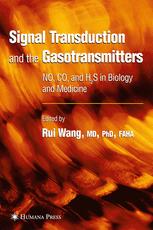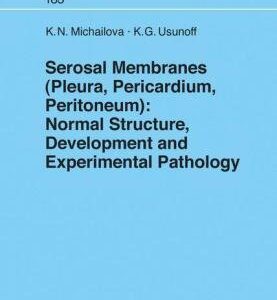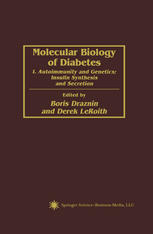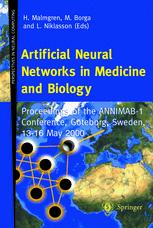Gasotransmitters-principally nitric oxide (NO), carbon monoxide (CO), and hydrogen sulfide (H2S)-are endogenous signaling molecules that play a significant role in the biomedical, clinical, and health sciences, as well as in population health studies. In Signal Transduction and the Gasotransmitters: NO, CO, and H2S in Biology and Medicine, a panel of distinguished researchers and clinicians review the biological and biomedical aspects of gasotransmitters, emphasizing their signaling transduction mechanisms in general, and ion channel regulation in particular. The authors discuss the endogeneous metabolism and regulation of gasotransmitters, their toxicological profiles and biological actions, and their interactions in terms of their production and effects. The physiological roles of NO, CO, and H2S in the regulation of the cardiovascular, neuronal, and gastrointestinal systems, as well as of cell metabolism, are also reviewed, along with the interaction of the gastrotransmitters with KATP,KCa voltage-gated Ca2+, voltage-gated Na+, and cyclic nucleotide-gated ion channels. Included in the array of different mechanisms for the interaction of NO, CO, and H2S are channel phosphorylation, S-nitrosylation, carboxylation, sulfuration, and altered cellular redox status. The authors also offer guidance and suggestions for exploring and further characterizing other still unknown gasotransmitters.
Authoritative and comprehensive, Signal Transduction and the Gasotransmitters: NO, CO, and H2S in Biology and Medicine offers clinical scientists and physicians not only a deeper understanding, but also a cutting-edge review, of the critically important field of gasotransmitter biology and medicine.
Medicine
{PDF} Signal Transduction and the Gasotransmitters: NO, CO, and H2S in Biology and Medicine Rui Wang (auth.), Rui Wang MD, PhD, FAHA (eds.)
$9.99






Reviews
There are no reviews yet.